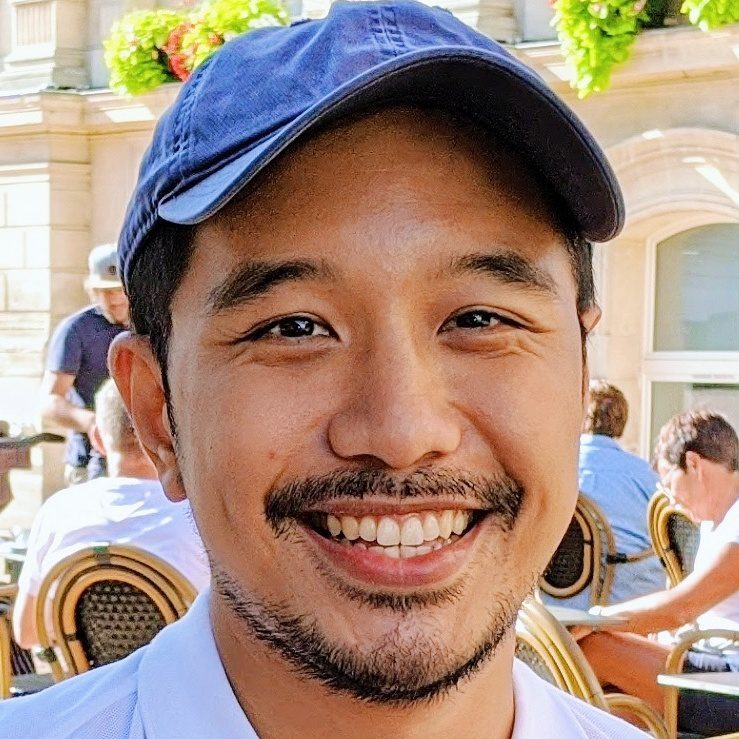This question was asked of several candidates for the Senate elections in a forum held last January 29 at the University of the Philippines (UP) in Diliman. Not all Senate hopefuls agree.
Many candidates rely on the often invoked mantra that justify tuition increases in state universities: “Rich students should pay,” or, “Those who can pay must pay.” These are all but familiar lines that are invoked by those who support and continue to support the current “socialized tuition scheme” in UP.
So should all students study for free? Absolutely, yes!
“Those who can pay must pay” is a farce. We fund university education of young Filipinos based on their potential to contribute to the advancement and progress of society. And that is not measured by ability to pay tuition, but by merit (measured by entrance exams, among other tests). So what if a student comes from a well-off family? If he has the aptitude to help in the progress of this country, subsidize him!
That we compel families to pay tuition in state schools, even if it is just a fraction of the cost of education, seriously puts students’ moral obligation to “give back” at great doubt. What are they to give back? At present rates of tuition in UP, students and their families practically pay for the education themselves. This becomes especially problematic when the university imposes return service agreements or contracts that mandate graduates of health sciences degrees to serve in the Philippines for a certain number of years on pain of penalty–which is a reasonable obligation if students were full scholars.
Now, if the problem is we want more youth from poor families to enter UP and other state colleges, the remedy is not “socialized tuition” which really is post-facto and seriously does not address the issue especially because of extraneous costs of education that are not covered by typical matriculation. In the almost three decades of “socialized tuition” in UP, has it increased admission from poor families? No, absolutely the reverse! It is an income generating mechanism and a scapegoat for state abandonment. Public basic education should be fully subsidized and improved so that all children are able to develop the aptitude for higher education regardless of economic background.
